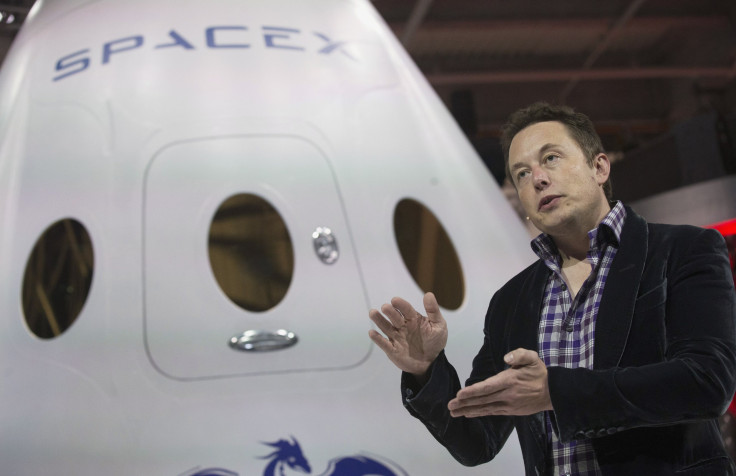SpaceX Sends Next-Generation Mars Rocket Engine To Texas For Testing

In another step toward testing technologies that it hopes would power its ambitious mission to Mars, SpaceX has shipped its next generation rocket engine to its test site in MacGregor, Texas. The Raptor engine, which will be powered by liquid methane and oxygen, is expected to be three times more powerful than the Merlin engines that currently power SpaceX’s Falcon 9 and Falcon Heavy rockets, and will be used in its next generation of rockets.
“We just shipped the first Raptor engine to Texas last night,” SpaceX President and Chief Operating Officer Gwynne Shotwell reportedly said during a keynote address at the Small Satellite Conference in Logan, Utah. “We should be firing it soon.”
SpaceX rocket development facility in McGregor, Texas. Every engine for every rocket is tested here before flight. pic.twitter.com/h7rV4Y1LQn
— SpaceX (@SpaceX) July 29, 2016
Earlier this year, SpaceX announced an ambitious plan to send its first uncrewed Dragon capsule to Mars as early as 2018. Although the Merlin engine — which uses kerosene and liquid oxygen as propellants — will power the Falcon 9 and future Falcon Heavy launch vehicles, the Raptor engine will power the next-gen rocket colloquially known as BFR (Big F------ Rocket).
SpaceX CEO Elon Musk has been an outspoken supporter of humanity’s aim to colonize Mars — terming it a kind of insurance against human extinction. The main aim of the company’s Red Dragon mission is to lay the groundwork for these colonies.
“I think there is a strong humanitarian argument for making life multiplanetary,” Musk said in an interview with Aeon magazine in September 2014. “In order to safeguard the existence of humanity in the event that something catastrophic were to happen, in which case being poor or having a disease would be irrelevant, because humanity would be extinct.”
However, as of now, SpaceX has not provided an official estimate of how much the Red Dragon mission will cost — although some estimates suggest that the company is likely to spend roughly $320 million on it. Musk is expected to provide further details about his plans for Mars colonization, including a concrete timeline, sometime next month.
© Copyright IBTimes 2024. All rights reserved.






















